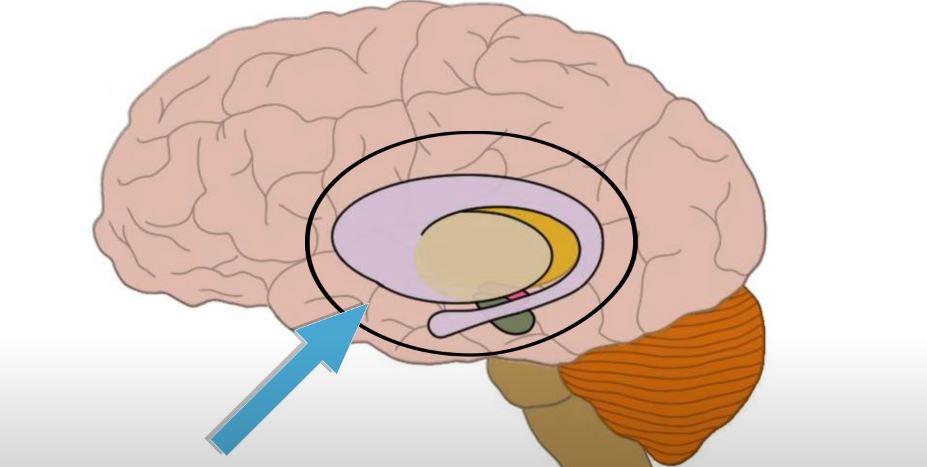
The cruel condition known as Huntington’s disease (HD) impairs a person’s capacity for thought, movement, and emotional control. People suffer from psychiatric symptoms, uncontrollable movements, and cognitive decline as a result of the brain’s nerve cells degenerating. The worst thing? As of yet, there is no remedy.
Many people unintentionally pass it on to their children before even realizing they have it, as symptoms usually manifest between the ages of 30 and 50. More families are facing this reality sooner than ever before in Sweden, where genetic screening is widely available.
Key Facts About Huntington’s Disease Svenska
| Aspect | Details |
|---|---|
| Scientific Name | Huntington’s disease (HD) |
| Swedish Name | Huntingtons sjukdom |
| Cause | Mutation in the huntingtin (HTT) gene |
| Inheritance Pattern | Autosomal dominant (50% risk per child) |
| Symptoms | Involuntary movements, cognitive decline, psychiatric issues |
| Age of Onset | Typically 30-50 years, but juvenile cases exist |
| Life Expectancy | 15-20 years after symptoms appear |
| Treatment | Symptom management, therapy, medications (e.g., tetrabenazine) |
| Support Organizations | Svenska Huntingtons sjukdomsföreningen, Neuroförbundet |
| Research Institutions | Karolinska Institutet, Uppsala University |
The Impact of Huntington’s Disease on the Brain
Huntington’s disease progressively deteriorates mental stability and motor function by attacking the basal ganglia, a region involved in movement, cognition, and emotional regulation. Involuntary movements, loss of coordination, and cognitive difficulties are common in patients, and they often get worse over time.
Psychiatric symptoms, which can range from depression to full-blown psychosis, are frequently the most upsetting, even though physical symptoms are the most obvious. Since there is currently no cure, treatment focuses on symptom management and quality of life enhancement. The progression is unrelenting.
Sweden’s Contribution to Huntington’s Disease Research
Sweden is now a leader in Huntington’s research worldwide. Swedish researchers are pushing the limits of neurodegenerative medicine through strategic partnerships with scientists around the world. The most promising fields of research include stem cell regeneration, gene-silencing treatments, and AI-assisted diagnostics.
Huntington’s Disease: The Mental and Physical Costs of Living with It
Huntington’s disease is an emotional battleground for patients and their families, not just a medical condition. It is one of the most difficult disorders to live with because of the unpredictable nature of symptoms and the knowledge that the illness is fatal.
From genetic counseling to caregiver support, groups such as Neuroförbundet offer invaluable services in Sweden. However, no amount of assistance can adequately prepare a family for the disease’s gradual and unavoidable progression.
Can Huntington’s Disease Be Delayed by Lifestyle Modifications?
Despite the lack of a cure, certain lifestyle decisions can greatly enhance one’s quality of life. A nutritious diet high in omega-3 fatty acids may provide neuroprotection, and regular exercise helps preserve mobility and slow motor decline. Mental resilience and psychiatric symptoms can be managed with the aid of cognitive exercises and mindfulness practices.
Even though the disease cannot be stopped, these interventions can significantly improve a patient’s daily life and give them a sense of control over an otherwise unpredictable condition.
Towards the Future: The Management of Huntington’s Disease
The Swedish medical community anticipates advancing from symptom management to actual disease-modifying therapies in the upcoming years. Neural regeneration methods, CRISPR-based editing, and gene therapies are all in the works. The question now is not whether a cure will occur, but rather when.
With sustained research funding and resolute public backing, Sweden may be able to take the lead in the worldwide battle against Huntington’s disease. The objective is unmistakable: reduce this debilitating illness from a fatal diagnosis to a treatable condition, or even eliminate it completely.
An Urgent Appeal
Although devastating, Huntington’s disease is treatable. Sweden has the opportunity to lead the world in the fight against neurodegenerative diseases by increasing awareness, providing funding for research, and helping impacted families. Although there is still a long way to go, hope is becoming stronger every day.
If you had a family history of Huntington’s disease, would you get a genetic test? That choice is very personal to many Swedes. However, as science develops, so does our capacity to influence the future, possibly even one free of Huntington’s disease.
FAQs on Huntington’s Disease Svenska
Q1: Is Huntington’s disease common in Sweden?
A: No, it’s a rare disorder, affecting around 4-10 per 100,000 people.
Q2: Can Huntington’s disease be prevented?
A: No, but genetic counseling can help at-risk families make informed decisions.
Q3: How long can someone live with Huntington’s disease?
A: Life expectancy is typically 15-20 years after symptom onset.
Q4: Is there any promising research in Sweden?
A: Yes, Swedish researchers are actively exploring gene therapy and RNA-based treatments.
Q5: How can I support Huntington’s disease research?
A: Donating to organizations like the Swedish Huntington’s Association can help fund crucial studies.
